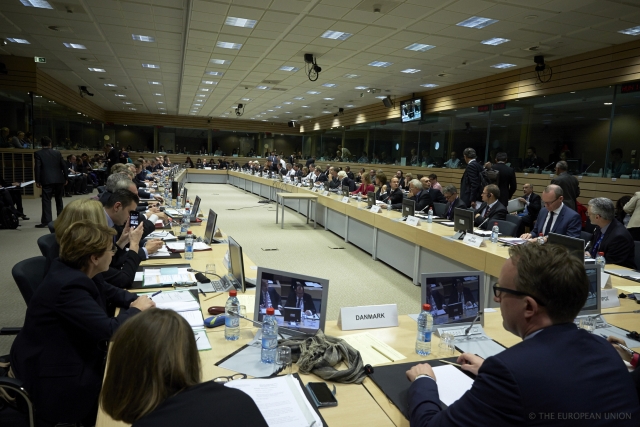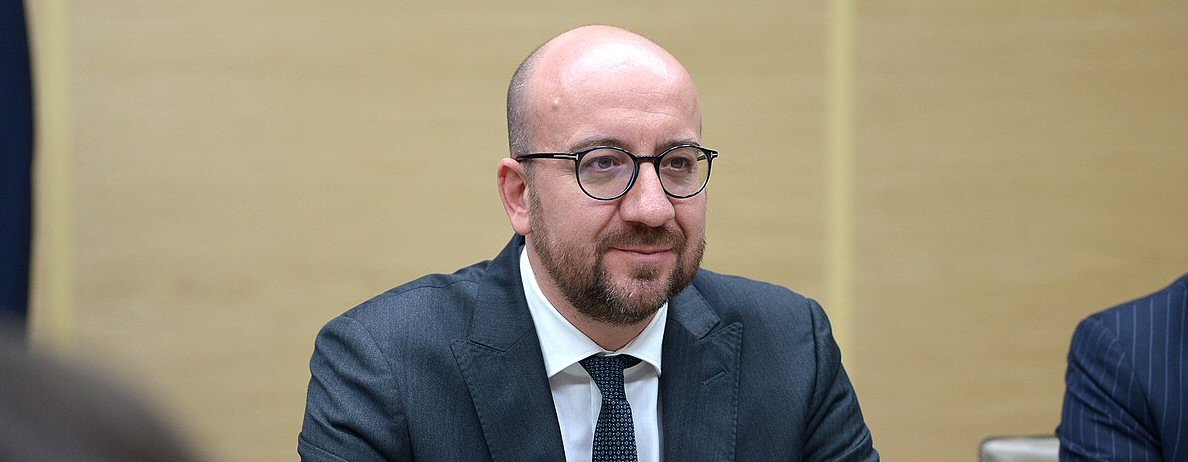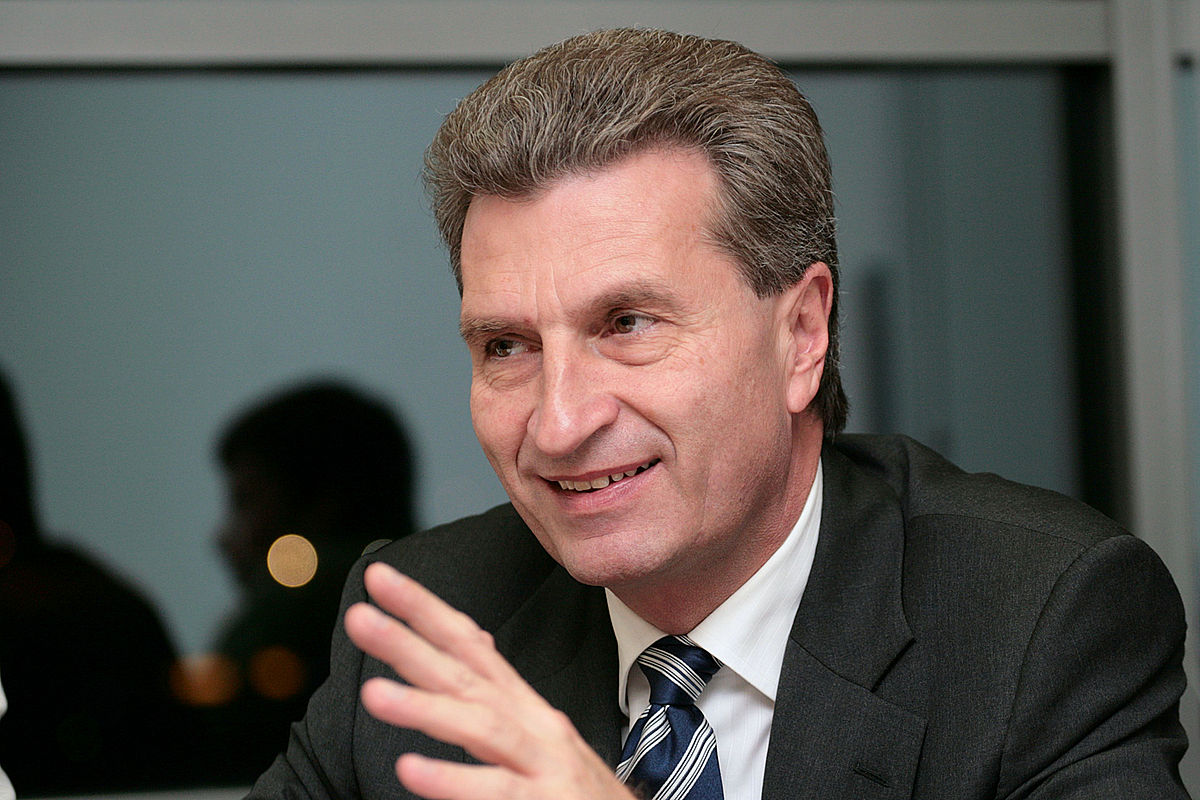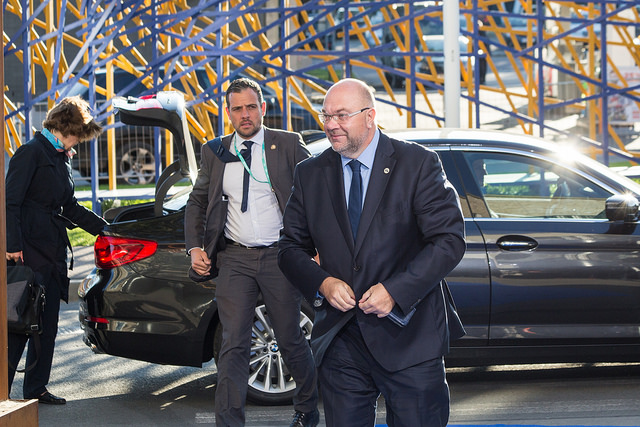In the early hours of Tuesday 21 July 2020, around 5.30 am, after four days and nights of negotiations, European Council leaders reached agreement on both the Next Generation EU recovery instrument and the Multi-annual Financial Framework (MFF) for the period 2021-2027. Reaching unanimous agreement among 27 leaders who entered the negotiations with widely different positions was an astounding political achievement. And although the inevitable compromises were accompanied by expressions of regret, it is extraordinary that every leader has expressed satisfaction with the final outcome.
There are many aspects of the European Council conclusions that warrant analysis: the agreement that the EU for the first time can issue debt to fund a stimulus package to address the catastrophic economic fall-out from the coronavirus pandemic; the future links between EU financial transfers to countries and the rule of law; the framework set out for additional own resources in the coming years; the continued relevance of budget rebates: and the extent to which the final outcome succeeded in ‘modernising’ the budget to reflect the EU’s new priorities.… Read the rest










